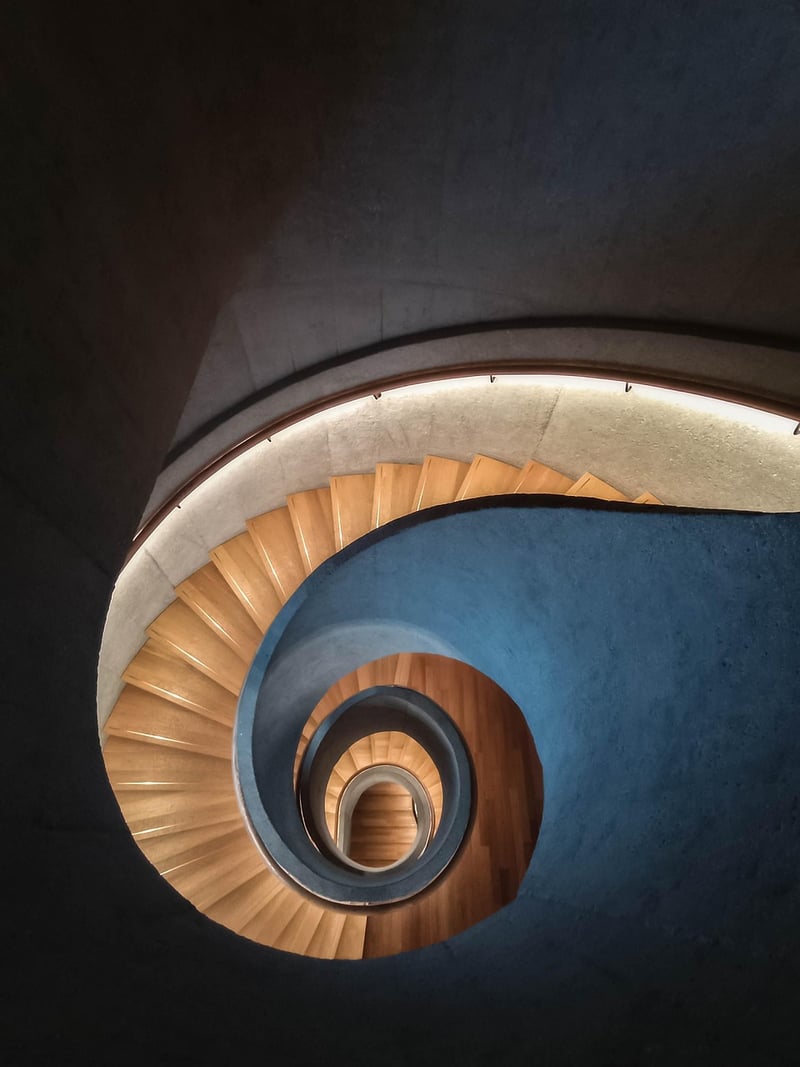Causal Loops
Navigating Time Anomalies and Causal Loops
Time anomalies and causal loops are fascinating concepts that often appear in science fiction and theoretical physics. Exploring these ideas can lead to mind-bending discussions about the nature of time and causality. Let's delve into these intriguing topics to better understand how they work.
Time Anomalies
Time anomalies refer to disruptions or irregularities in the flow of time. These anomalies can manifest in various forms, such as time loops, time travel paradoxes, or alternate timelines. One popular example of a time anomaly is the grandfather paradox, where a time traveler goes back in time and prevents their grandfather from meeting their grandmother, thereby preventing their own existence.
Types of Time Anomalies:
- Time Loops
- Temporal Divergence
- Parallel Universes
- Bootstrap Paradox
Causal Loops
Causal loops, also known as closed timelike curves, are scenarios where an event is both the cause and effect of itself. In a causal loop, an action leads to a series of events that ultimately loop back to the initial action, creating a self-perpetuating cycle with no clear origin. This concept challenges traditional notions of cause and effect.
Examples of Causal Loops:
- Predestination Paradox
- Ontological Paradox
- Information Paradox
Conclusion
Time anomalies and causal loops offer a glimpse into the complexities of time travel and the nature of causality. While these concepts may seem paradoxical and puzzling, they spark imagination and thought-provoking discussions about the fabric of reality. Exploring these ideas can open up new perspectives on time and the universe we inhabit.

For further reading on time anomalies and causal loops, check out Space.com's article on Time Travel.
